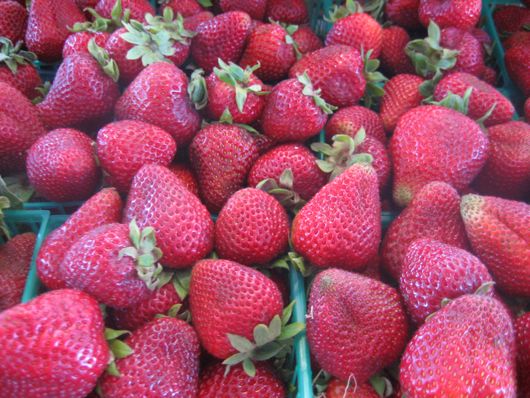
Choosing organic meats and dairy products can benefit your health, the environment, and animal welfare. Moreover, it also offers an improved taste and nutritional value.
Besides, these foods are free from pesticides, antibiotics, growth hormones, and GMOs. They are also safe to consume.
Animal Welfare
Choosing organic meats and dairy products can be a great way to help animals. These meats and dairy products are often produced by livestock that is raised using natural methods. They are also more preservative-free and offer a variety of health benefits.
Aside from their nutritional value, organic meats and dairy products are considered by many to be more humane than factory farmed alternatives. This is because animal welfare standards are effective in making the lives of animals more bearable.
These standards are based on five domains of animal welfare: nutrition, environment, health, behaviour and mental state.
These are important aspects of an animal's welfare and should be prioritized by all industries that involve animals. This includes farms, laboratories, zoos, aquariums, and dog breeding kennels.
Ethical Consumption
Ethical consumption is a growing movement of people who want to make purchasing decisions that reflect their social and environmental values. This buying practice involves making choices based on positive principles and environmental implications, where the products came from and how they were produced.
Choosing organic meats and dairy products is an important part of ethical consumption. They help to reduce animal cruelty, improve soil health and increase nutrient levels.
When it comes to meat, choose beef that was raised on pastures and sourced with humane, sustainable farming practices in mind. This can help to reduce your overall carbon footprint and support the local economy.
Choosing organic food can also reduce your exposure to hormones and antibiotics, which can negatively impact your health. In addition, organic meats and dairy are often less processed than conventional versions. They are also higher in fatty acids, which can benefit your health.
Improved Health Outcomes
Choosing organic meats and dairy products can improve your health by reducing the amount of antibiotics, hormones, and other potentially hazardous chemicals that are often found in conventionally-raised foods. This is especially important for children, who are particularly vulnerable to the effects of pesticides and antibiotics in their diets.
Additionally, organic meats and dairy products may have higher levels of certain nutrients than their conventional counterparts. For example, a 2016 European study found that the level of omega-3 fatty acids was up to 50 percent higher in organic meat and milk compared to conventionally-raised versions.
Fats are a major source of energy and help to maintain the body’s functions. Consuming a diet that is too high in omega-6 fatty acids, on the other hand, can increase the risk of heart disease and other chronic diseases. Switching to a diet that is high in the optimal balance of omega-6 and omega-3 fats, found in organic foods, can reduce this risk.
Environment
Choosing organic meats and dairy products is not only good for your health, but it is also beneficial for the environment. Compared to conventionally grown food, organic produce has less pesticides in the soil and fewer chemicals left behind after harvesting.
Similarly, organic production has lower energy use and greenhouse gas emissions per unit of product, which is especially important in the context of global warming. Additionally, organic meat and dairy are a good source of antioxidants, vitamins and minerals.
Choosing organic meats and dairy products is the best way to help protect the planet. It also means supporting small farmers, which will have an impact on the local economy and community. Fortunately, it is now easy to find organic meats and dairy at many supermarkets. In fact, three-quarters of the sales of organic meat in Ireland and the UK come from supermarkets.
Frequently Asked Questions
What is the difference between organic and inorganic foods?
Organic food is free from pesticides, chemical fertilizers and sewage sludge. It can also be grown without irradiation or genetic modification. Organic farming practices contribute to soil health, water purity, and animal welfare.
Inorganic foods may be grown with chemical fertilizers, pesticides, or sewage sludge. Radiation can be used to destroy food, while genetically modified organisms are created by biological engineering.
The term "natural", often used interchangeably to mean "organic," is frequently used. But, "natural" does not necessarily refer to organic. There are also products labelled "natural" which may contain synthetic ingredients.
Organic produce is typically more nutritious than conventional produce because the soil contains fewer harmful chemicals and pesticides. Organic farmers are free from artificial fertilizers and pesticides.
What are the things to look for when purchasing organic products?
Look for USDA-certified organic labels. This guarantee that the product has met specific standards set forth by USDA. Look out for the USDA Organic seal on boxes, cartons cans and jars.
When purchasing meat, ensure it is 100% organic. Cattle are ruminants which means that they chew the cud. Ruminant cattle have four stomach areas: rumen (reticulum), omasum (omasum), and abomasum. If a cow is to be labeled organically, all parts must be organically fed.
Chicken should be only purchased from chickens raised on organic feed, and not given antibiotics. Chickens are omnivores, meaning they eat both plants and animals. Omnivorous chickens have a digestive system that includes a crop (proventriculus), gizzard and small intestine.
Buy only dairy products from cows that have been fed organically grown feed. Just like ruminants have four stomachs, dairy cows have four. The fourth stomach compartment--the cow's udder--is where milk is produced.
You should always check the label before purchasing any other livestock. This will let you know what percentage of the diet was given to the animals. One example is pork that may be labeled '95% Organic'. This means that 95 percent came from organic sources.
How can you tell organic food from non-organic?
Ask any chef and he will tell you that fresh ingredients are the most important thing. We feel better when our food is good.
The same applies to our food. We can identify exactly where and how organic foods were grown when we purchase them. We also know it was not treated using harmful chemicals.
Organic foods are produced without using synthetic pesticides, fertilizers, hormones, antibiotics, or genetically modified organisms (GMO). These substances are not allowed for organic farmers.
But that doesn't mean there isn't an art to growing organic crops. There are plenty of ways to grow them safely.
Sometimes, organic farming is called sustainable agriculture. This means that while it uses fewer resources than conventional methods, it provides the necessary nutrients to sustain life.
Crop rotation, crop rotation, cover cropping and composting manure are all organic farming methods. These techniques reduce soil erosion and increase water quality.
They also reduce chemical pollution of waterways. Since most of us live in urban areas, we can find local farms that raise organic produce.
Two types of certification programs are available for organic products. The USDA National Organic Program certifies the one while the independent certifying agency certifies the other. Both require strict adherence to organic standards.
USDA seals, or O Seals, may be attached to certified organic products. These symbols indicate that the product meets federal requirements.
What are the top organic products?
The fastest-growing industry is organic food. Even though we have come a long ways from our roots there is still plenty of room for growth.
Organic products are the future. Organic products are safer and better for the environment. They also make it more affordable for consumers.
But they tend to be more expensive. The Organic Food Index was created to address this. We wanted the ability to identify which foods are currently most popular and whether these trends have changed.
The results show that organic food is becoming increasingly popular. Between 2011-2012, nearly half of Americans shopped for organic foods.
According to USDA, organic production grew by 10% last year. Organic food now accounts for 9% of U.S. agricultural output.
While organic food is certainly gaining ground, it seems that it is still an expensive choice for consumers. According to the Organic Trade Association OTA, organic food retail prices are about twice those of conventional products.
Despite this, organic food is growing at a faster rate than any other food segment. Looking closely at the data, you'll see that organic food consumption has grown steadily since 2009.
According to OTA the volume of organic products sold at supermarkets grew by 14% in 2010 and 2011.
This is because consumers are looking for healthier foods. Organic food sales have been increasing in all age groups.
However, younger generations are leading the charge when choosing organic food. Millennials are twice as likely than baby boomers to buy organic foods. And young adults under 35 years old account for 25% of all organic food purchases.
Statistics
- According to a study performed by consumerreports.org, organic products, compared to non-organic products, ranged anywhere from 13 percent cheaper to 303 percent more expensive. (en.wikipedia.org)
- Cosmetic brands such as Laurel and Rose Mira are 100 percent organic and have a wide array of skincare products. (en.wikipedia.org)
- As for organic meat, regulations require that animals be raised in living conditions that accommodate their natural behaviours (like the ability to graze on pasture), fed 100% organic feed and forage, and not administered antibiotics or hormones. (usda.gov)
- When packaged products indicate they are “made with organic [specific ingredient or food group],” they contain at least 70% organically produced ingredients. (usda.gov)
External Links
doi.org
- Occupational Pesticide Exposures and the Cancer Risk: A Review. Journal of Toxicology and Environmental Health. Part. B. Vol 15, Issue 4.
- Genetically modified food: safety, risk and public concerns - a review - Journal of Food Science and Technology
ams.usda.gov
ncbi.nlm.nih.gov
- PubMed: Evaluation of the micronutrient content of plant foods grown using conventional and organic agricultural methods.
- Comparison of the total phenolic and ascorbic acid content of freeze-dried and air-dried marionberry, strawberry, and corn grown using conventional, organic, and sustainable agricultural practices - PubMed
usda.gov
How To
Five Reasons to Purchase Organic Products
Organic foods are organically grown without the use of pesticides or synthetic fertilizers. They are free from genetically modified organisms and irradiated substances. They do not use industrial solvents or sewage effluent in their production. During its growth, the food's natural environment remains unaffected by contamination. It is completely free from artificial preservatives, additives, and other harmful chemicals. There is no use hormones or anti-biotics. In addition, they are produced under conditions that allow them to retain their nutritional value and freshness for longer periods.
- Health benefits. Organic produce contains less chemicals than nonorganic. This means it's less likely to cause allergies and sensitivities. It also means that you consume less toxic chemicals and carcinogens.
- Eco-friendliness. Organic produce is low in water consumption. Because it takes so much energy to grow conventionally, organic farms tend to be located far away from urban areas where there's plenty of pollution. That helps reduce air pollution.
- Sustainability. Organic farming is based on soil fertility and not chemical fertilizers. This results in soils that are healthier and have higher levels of organic matter. Soil health improves when farmers rotate crops and leave land fallow periodically. Strong immune systems develop when farm animals are fed only grasses grown without antibiotics or added hormones.
- Taste. Traditional fruits and vegetables are often bland due to the fact that they are picked at peak ripeness and shipped long distances for grocery stores. Because it was picked while still unripe, organic produce is richer and more flavorful.
- Nutrition. GMOs are harmful chemicals found in many conventional processed foods. These harmful substances can be avoided by sticking to whole foods like meat, eggs, fish and nuts as well as seeds, beans, fruits, vegetables, and herbs.
Resources:
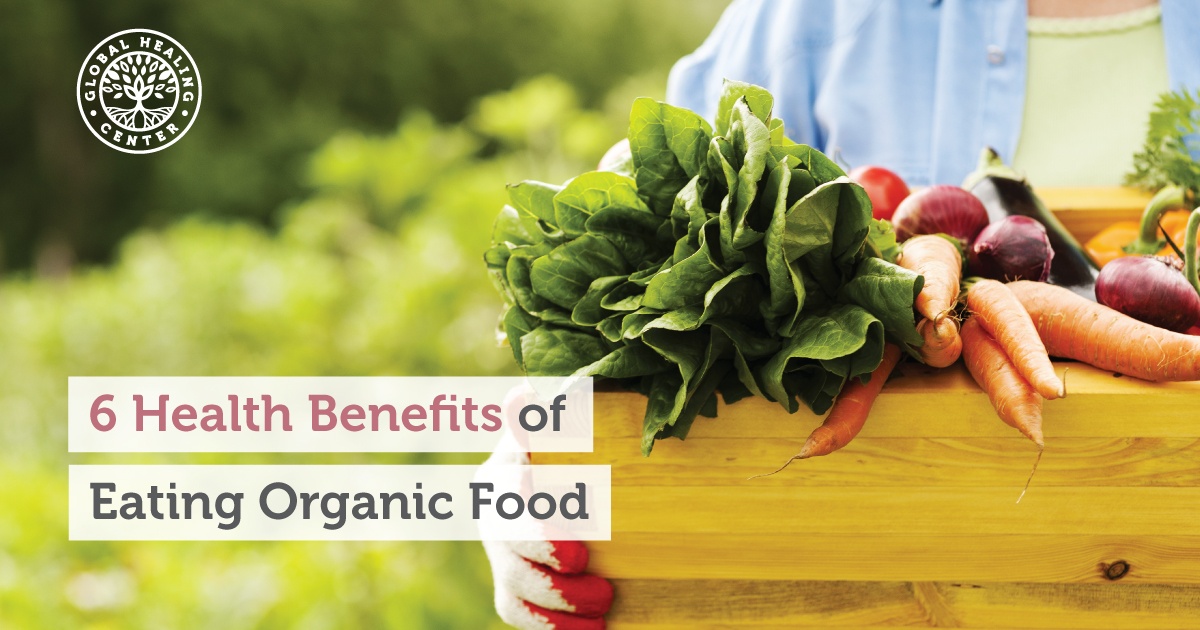 |
Nuts and SeedsNuts and seeds are nutrient-rich crunchy tidbits that add a protein, fiber and healthy fat punch to meals and snacks. They’re also a great source of.. |
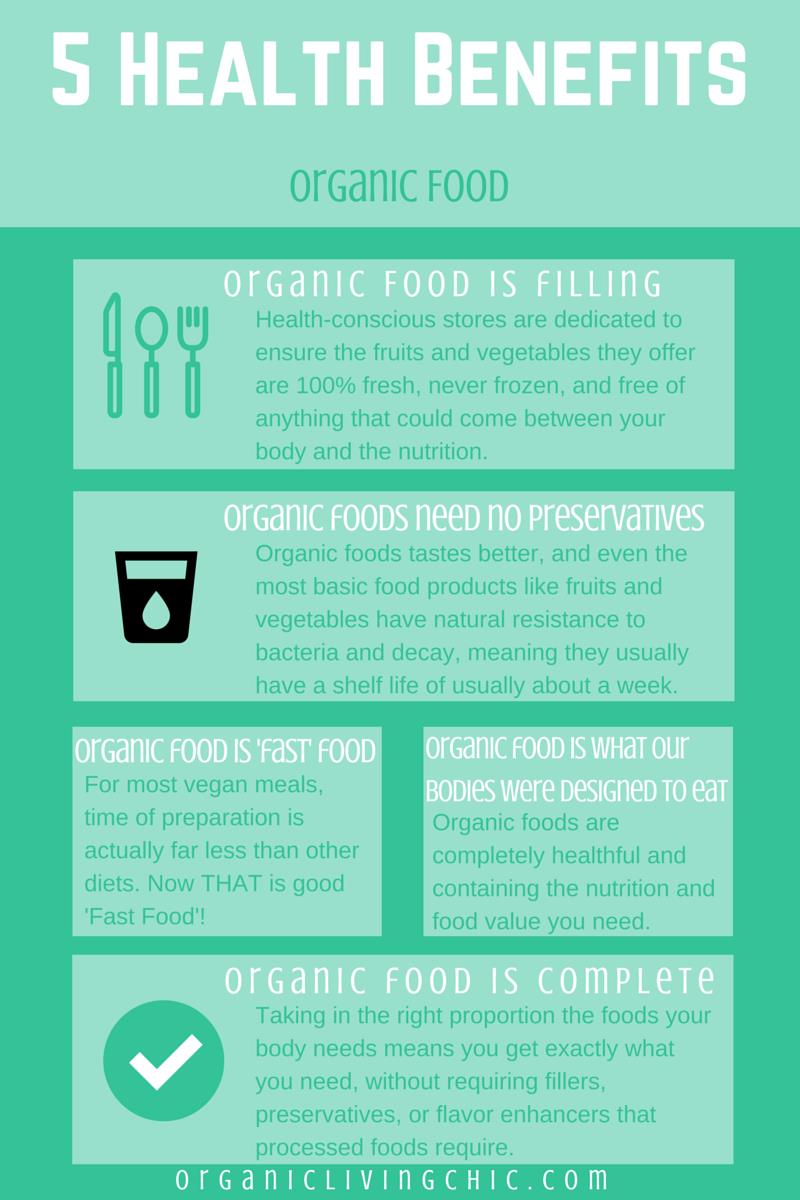 |
Organic Food For A Six Pack? The TRUTH About Organic vs Conventional Foods!Get ripped and keep your strength: http://goo.gl/uLzHn6 Hey guys, it's Clark over at Six Pack Shortcuts and today we're gonna talk about organic vs |
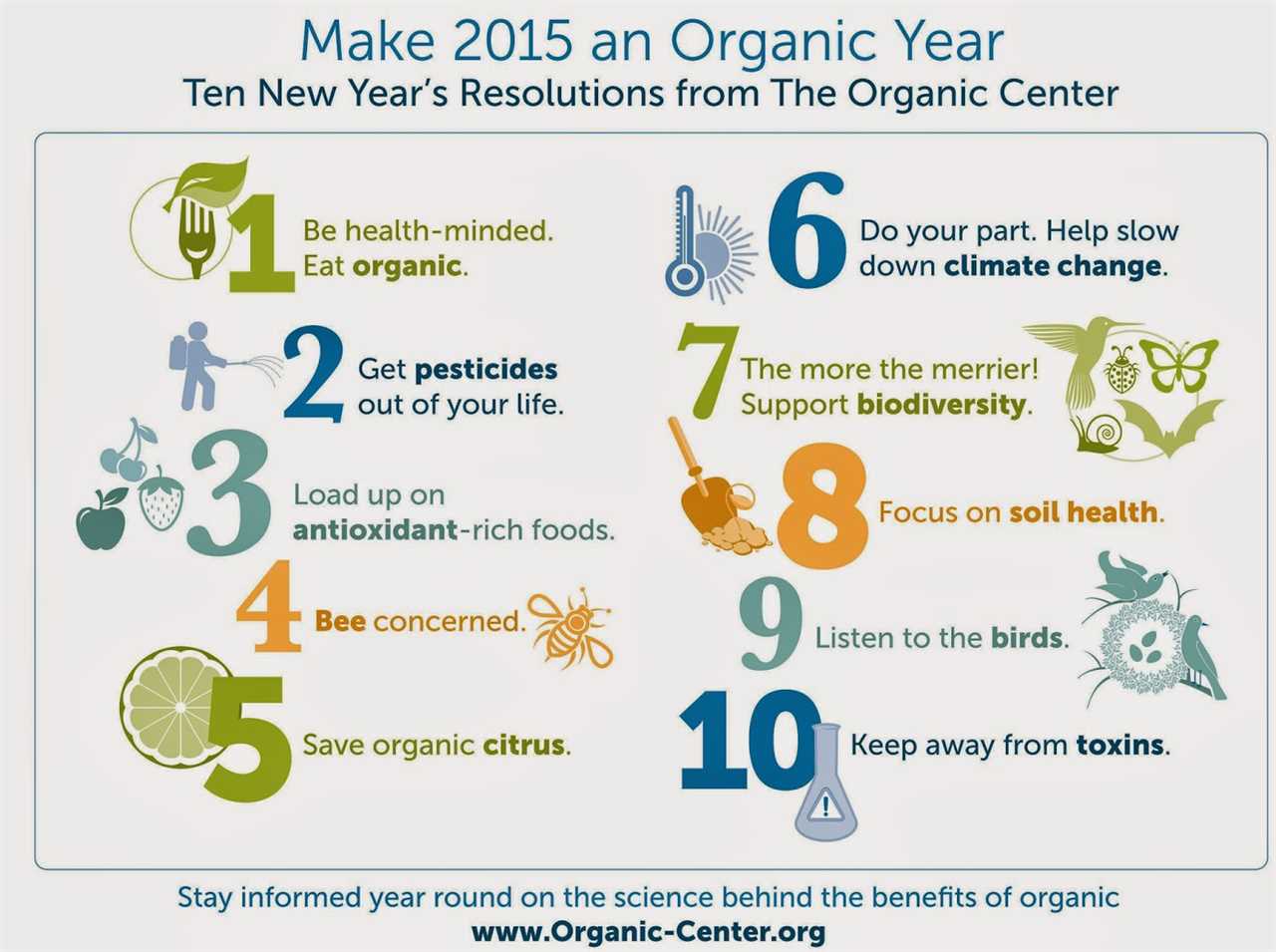 |
Organic vs Conventional Produce - The Dirty Dozen & Clean 15 ExplainedClick https://skl.sh/flavcitywithbobbyparrish to get 2 months of Skillshare for FREE! Here is a full review of the dirty dozen fruits and vegetables and |
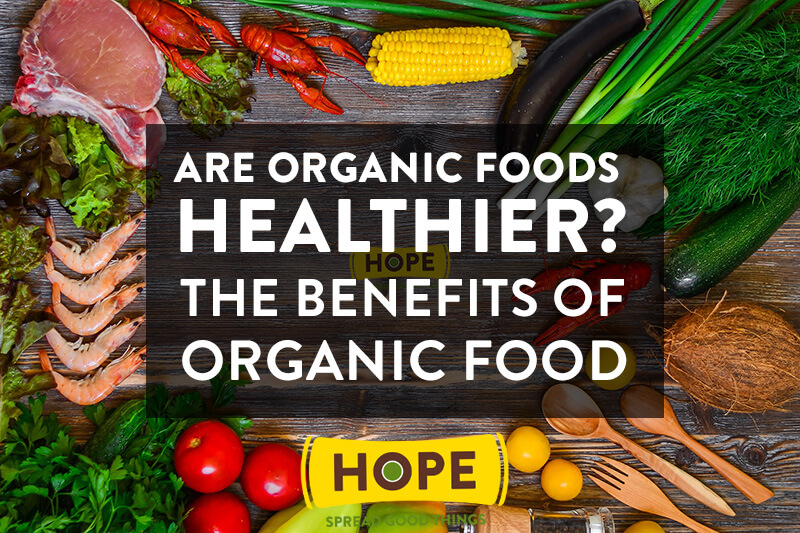 |
Are Organic Foods Really Healthier?It's widely believed that organic foods are more nutritious and safer than non-organic foods, even though the evidence is far from clear. Food certified as |
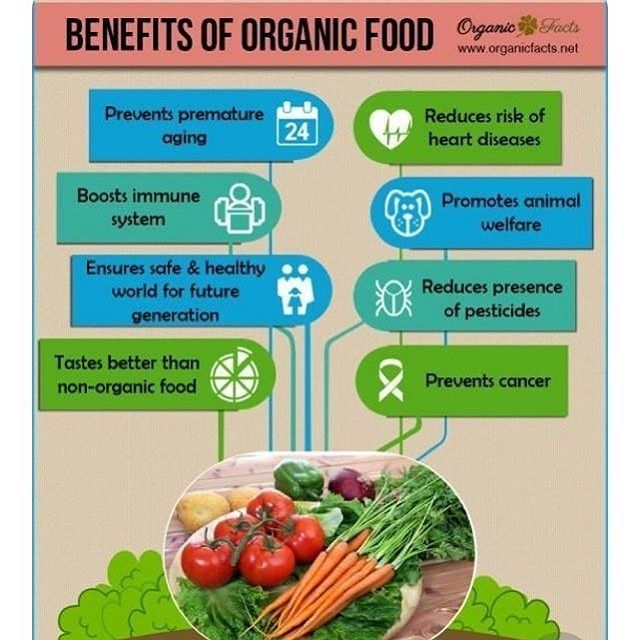 |
Are GMOs Good or Bad? Genetic Engineering & Our FoodAre GMOs bad for your health? Or is this fear unfounded? OUR CHANNELS German Channel: https://kgs.link/youtubeDE Spanish Channel: |
 |
How the food you eat affects your brain - Mia NacamulliView full lesson: http://ed.ted.com/lessons/how-the-food-you-eat-affects-your-brain-mia-nacamulli When it comes to what you bite, che […] |
 |
Is Buying Organic Food Worth The Cost?Subscribe to Goodful: https://bzfd.it/2QApoPk Goodful Goodful Feel better, be better, and do better. Subscribe to Goodful for all your healthy self care |
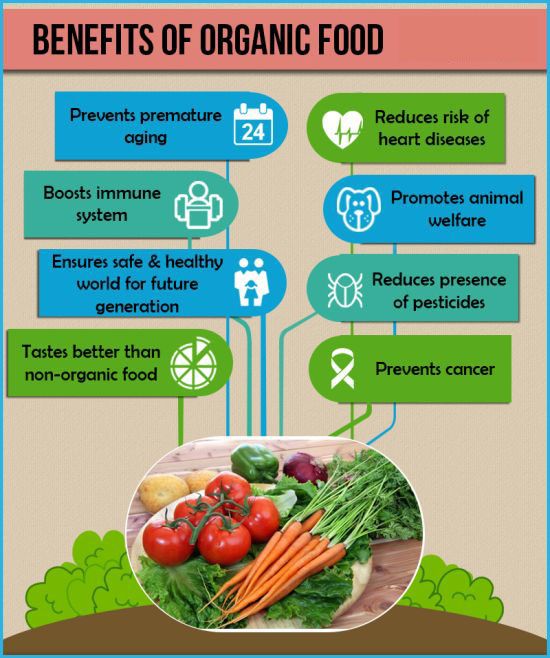 |
Benefits of Choosing Organic Gluten-Free OptionsIf you’ve been diagnosed with gluten sensitivity or celiac disease, you know how hard it can be to avoid foods containing wheat and other grains. But |
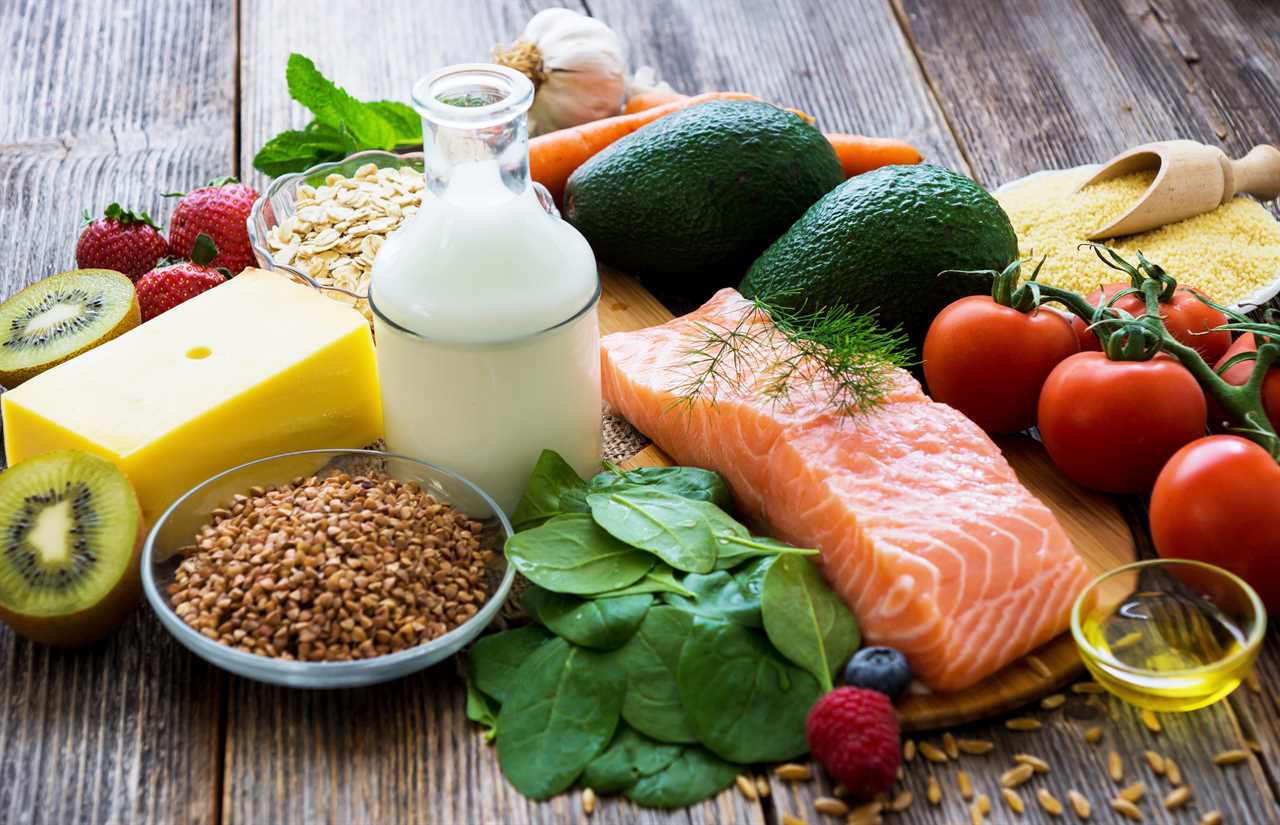 |
Joseph Wang LIVE (Bank Bailouts and Moral Hazards Deep Dive)buy my stuff Come to rebel capitalist live at https://rebelcapitalistlive.com Check out my private, online investment community (Rebel Capitalist Pro) |
 |
Organic Farming and Soil HealthOrganic farming practices promote soil health through crop rotations, symbiotic associations, cover crops and minimum tillage. These management.. |
 |
Research Reveals How Your Body Reacts When You Eat Only Organic FoodsThere is a growing belief that organic foods are healthier for us than non-organic foods. This ever-increasing belief is responsible for significant growth in |
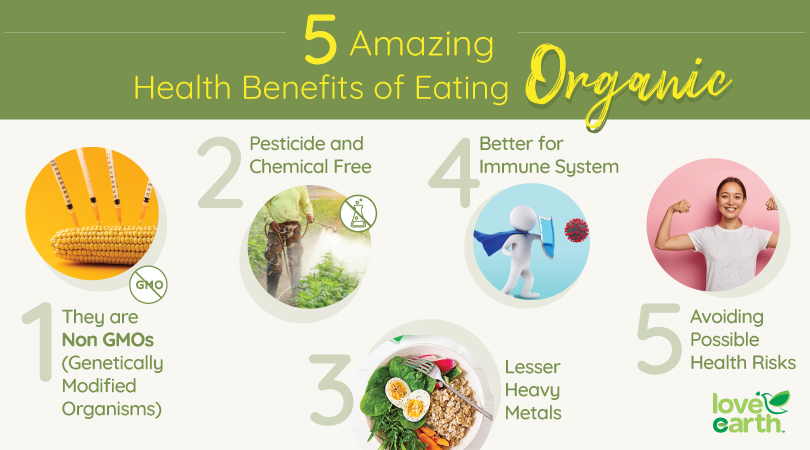 |
Stop Wasting Money on These ORGANIC Veggies (you don’t need to buy them organic)Click Here to Subscribe: http://Bit.ly/ThomasVid Get MY Recommendation on Groceries Delivered to Your Doorstep with Thrive Market: http: […] |
 |
If You Eat an Avocado a Day For a Month, Here''s What Will Happen to YouWhat Will Happen to Your Body If You Eat Avocado Every Day. The avocado is a unique fruit with multiple nutritional and health benefits. How would your body |
 |
Korean GardeningKorean gardening is one of the oldest ways to grow plants. It involves planting herbs, fruits, and vegetables that are used in kimchi, a type of.. |
 |
The Rodale InstituteThe Rodale Institute is a nonprofit organization that aims to support research into organic farming. It was founded in 1947 by J. I. Rodale, an.. |
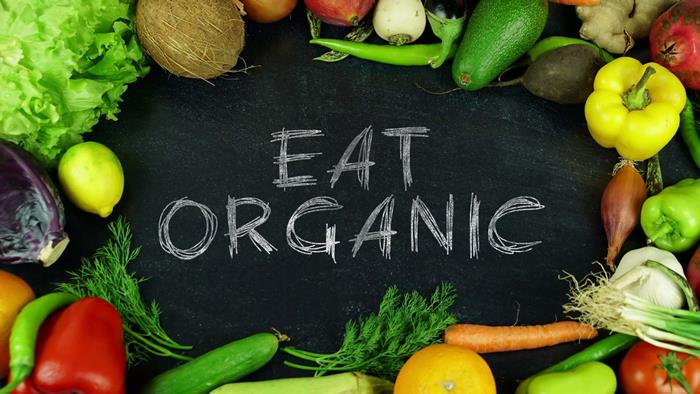 |
Organic eatingOrganic Cultur |
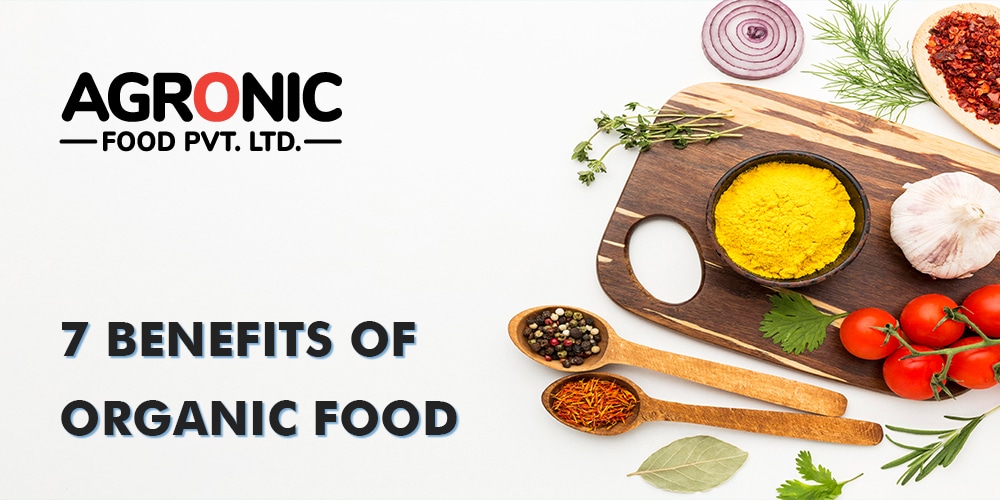 |
What is a Conventional Farm?Conventional farm is the term used to describe a farm that is not organic. It is a form of agriculture that is associated with better soil quality,.. |
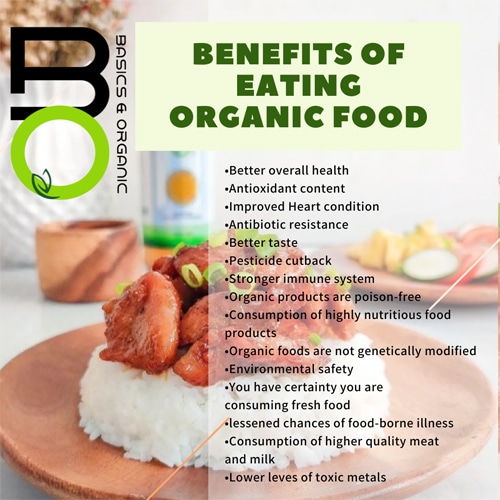 |
Chhattisgarh's Organic Farming SchoolsThe government of Chhattisgarh has started to introduce organic farming schools. This initiative is intended to provide the young generation with the |
 |
Can Organic Be GMO?The question Can organic be GMO is an ongoing debate among many consumers. While it's possible to eat foods that have been produced using genetic.. |
 |
When Did Organic Food Start?The answer to the question when did organic food start? will vary depending on the time period in which you are looking at. For instance, it may be a |
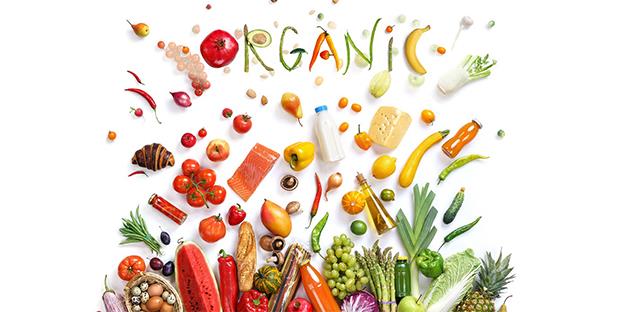 |
Organic Farming PrinciplesOrganic farming is a practice that is designed to be sustainable and healthy. Its principles include avoiding harms produced by industrial farming.. |
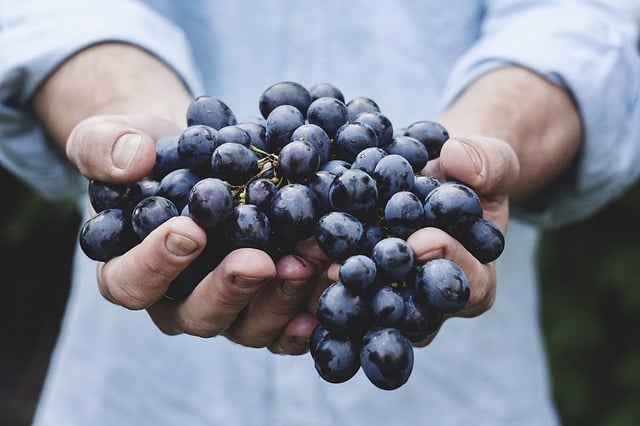 |
Soil Composition and BiodiversityThe soil that we have around us is a vital part of our lives. It is the home for many plants and animals. It also has a texture, a color, and many.. |
 |
The Benefits and Pitfalls of Organic Farming OrganizationsOrganic farming is an approach to farming that is not only ecologically sound, but also financially feasible. It is a method that is free from.. |
 |
Exotic VegetablesWhen it comes to vegetables, there are plenty of choices to choose from. Some of the most popular choices include broccoli, corn, carrots, and.. |
 |
Learn How to Become an Organic Farmer Through a Training ProgramIf you are looking to become an organic farmer, there are several ways you can do so. One option is to take a training program that will teach you.. |
 |
Benefits of Cover CropsIf you aren't familiar with cover crops, you may be surprised to learn that they are plants that are planted to grow on top of the soil to help.. |
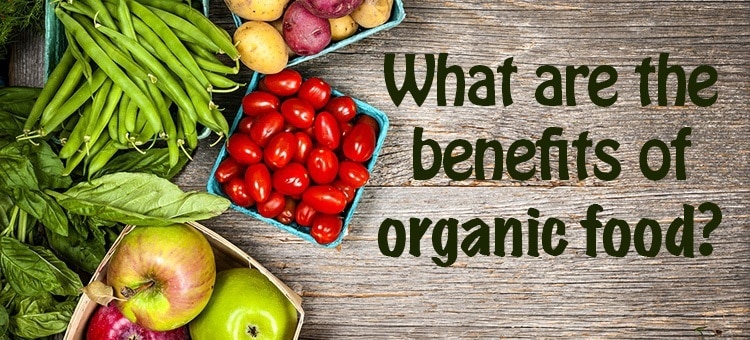 |
What is Organic Cotton?Organic cotton is the type of cotton that is grown without using pesticides or chemicals. It is also the type of cotton that is grown in subtropical.. |
 |
Is Organic Farming Beneficial to Biodiversity?Organic farming is a growing interest in the scientific community, and researchers have been investigating whether the practice is beneficial to.. |
 |
The Benefits of CompostingComposting your waste can be a very effective way of ensuring that your organic material is being broken down to the best of its ability. When.. |
 |
The Difference Between Organic Milk and Regular MilkOrganic milk is a type of milk that comes from livestock that is raised according to organic farming methods. This is a term that is regulated by.. |
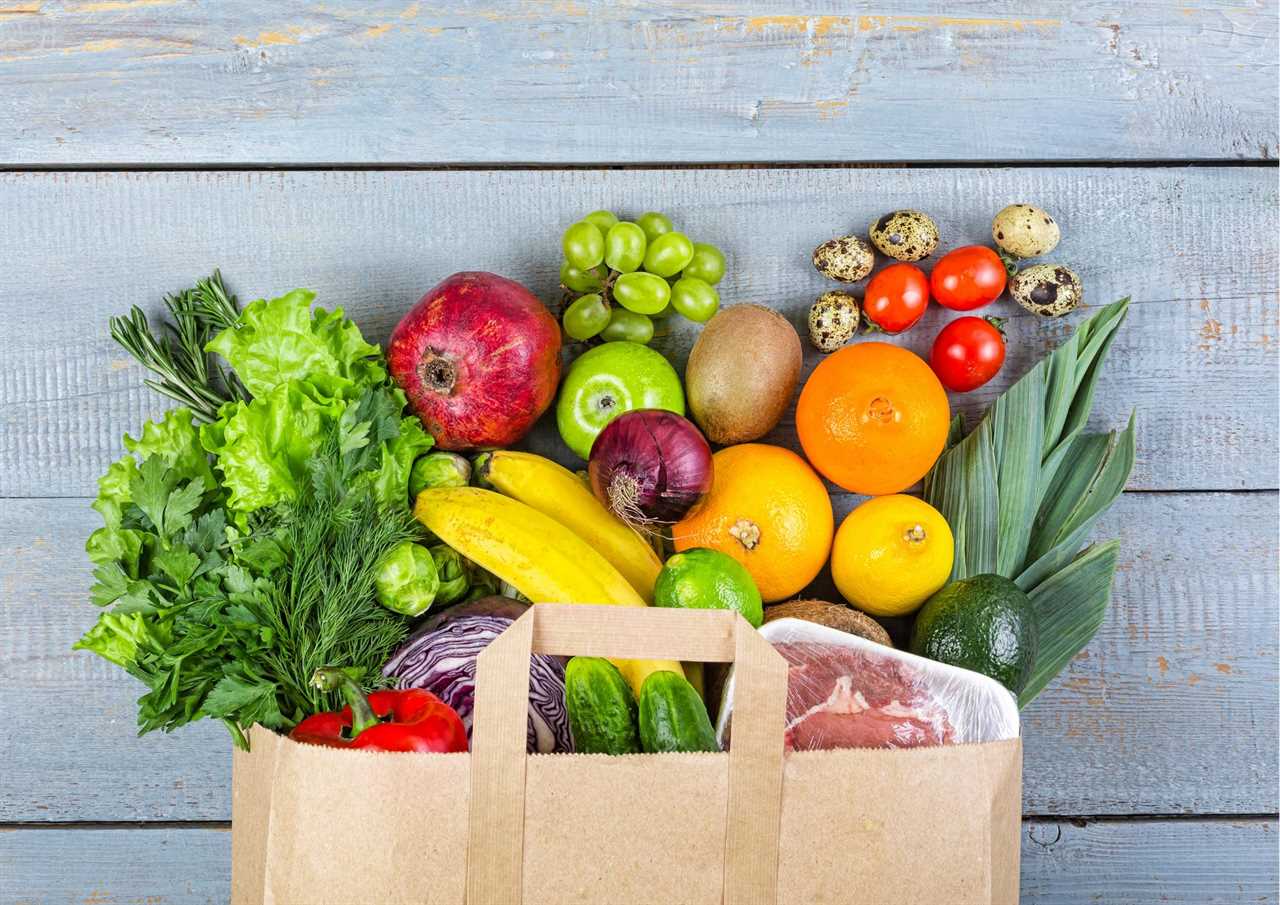 |
Organic Farming MagazineOrganic farming magazine is a resource that provides you with the latest information on organic agriculture, health, and sustainability. It also.. |
 |
The Latest Research on Organic | The Organic CenterResearched articles about eating Organic food |
.png)





